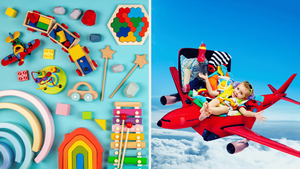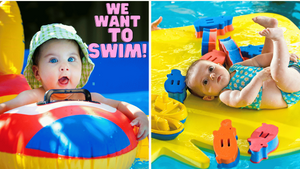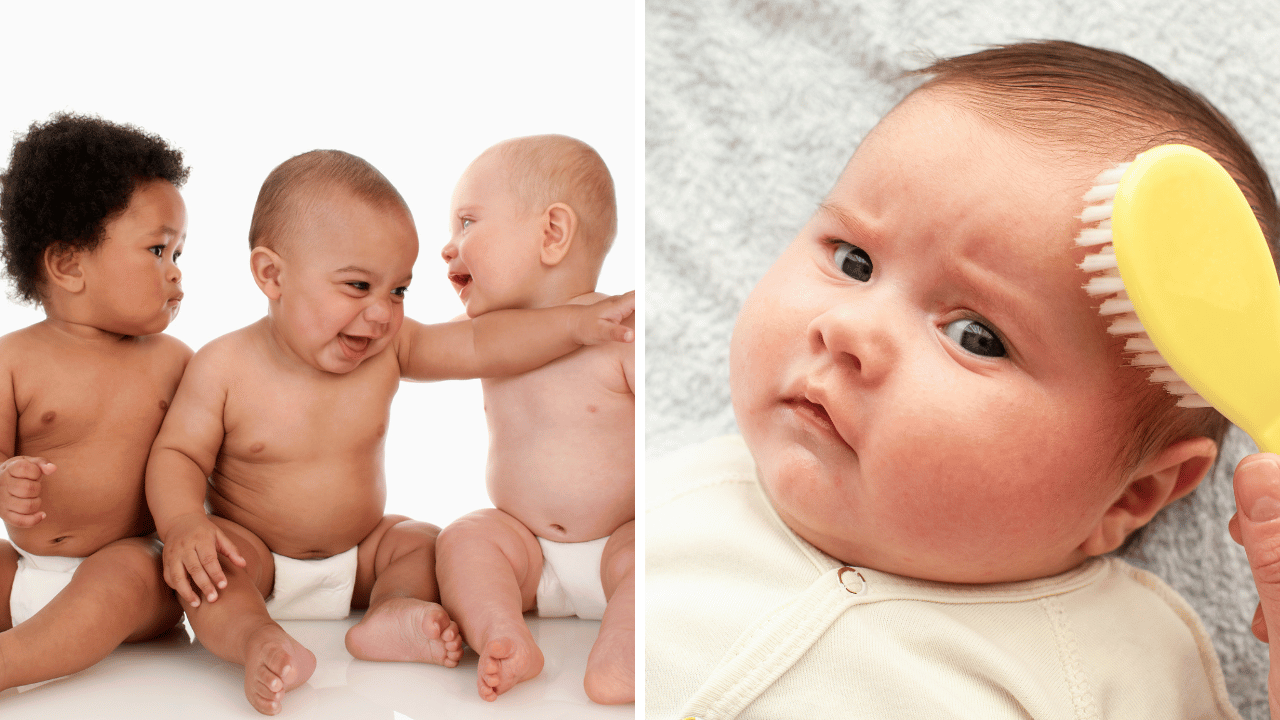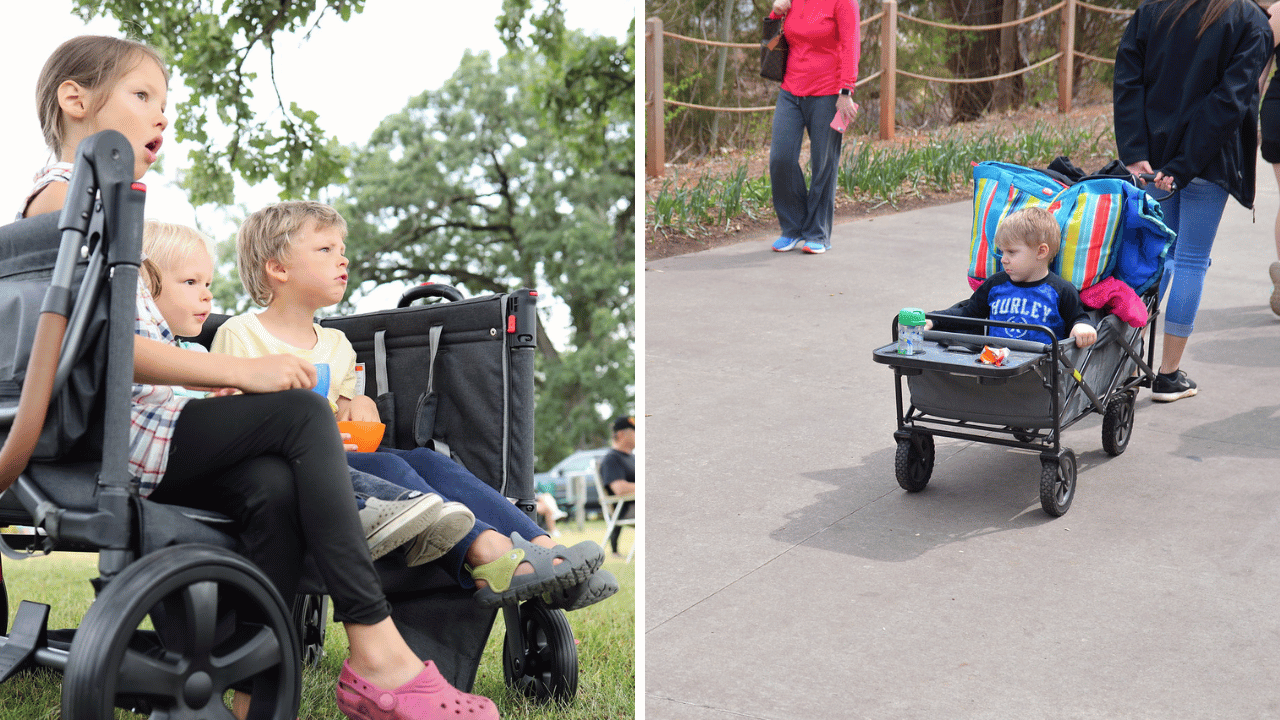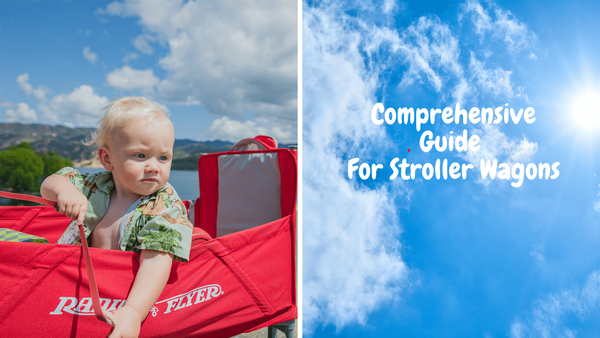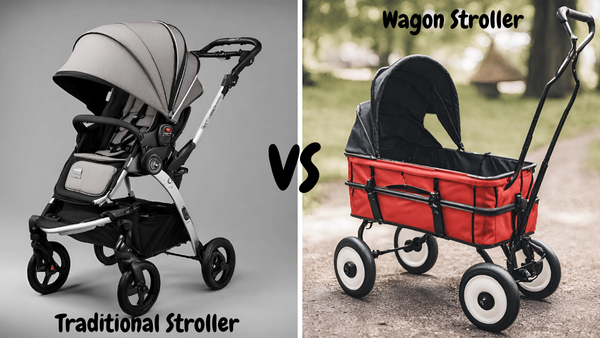If you’re a new parent, it may be inevitable that your baby will end up with a pacifier in their mouth at some point. But while giving your little one something to suck on might sometimes offer moments of peace and quiet for both of you, what are the long-term impacts?
That’s why many new parents are asking questions about how using pacifiers can affect more than just temporary comfort: What is the impact of pacifiers on babies’ teeth? In this blog post, we'll explore all the different factors related to how using a pacifier can affect baby's teeth development over time.
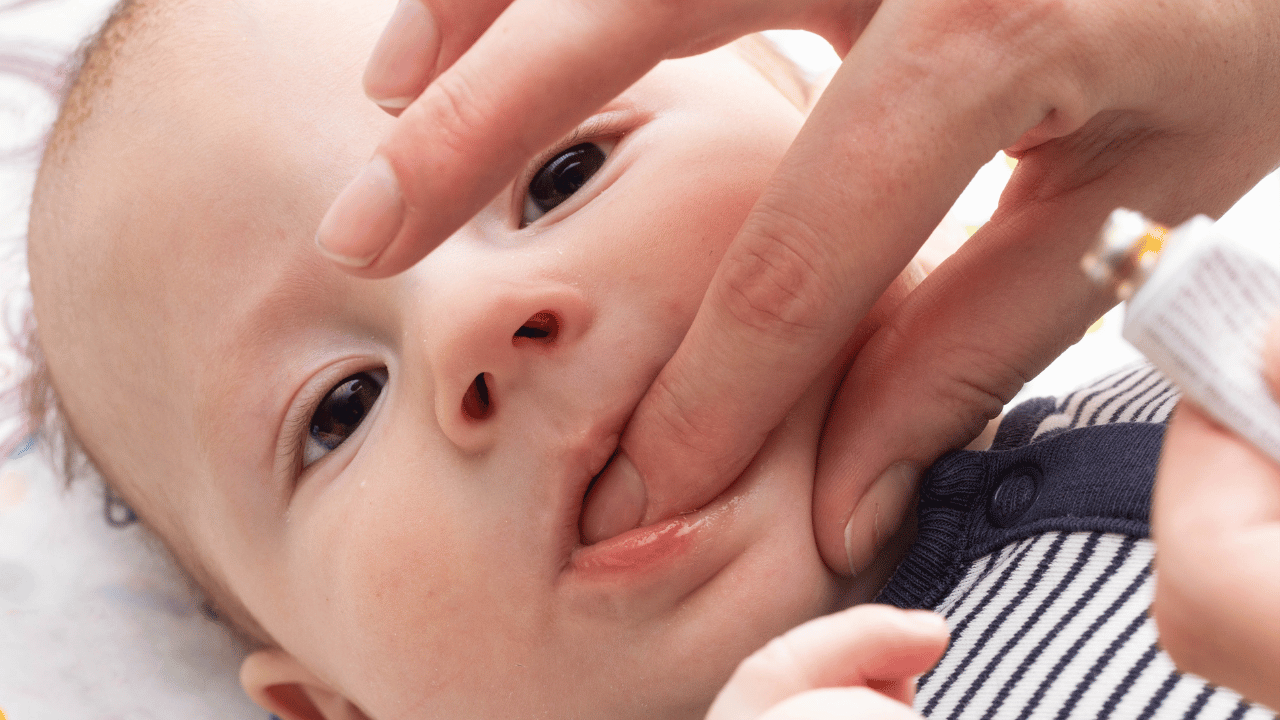
Do pacifiers affect teeth?
Here are some of the main issues to consider when it comes to pacifier use and its impact on baby teeth:
1. Tooth alignment. Pacifiers can cause misalignment of teeth. Babies who use pacifiers continuously may have gaps between their front teeth or may develop an overbite due to the extra pressure from sucking on a pacifier for too long.
2. Jaw development. Prolonged pacifier use can affect the size, shape, and structure of a baby’s jaw as their teeth are developing. If used for too long, it may cause the lower jaw to become narrow and longer than normal which will lead to other potential dental issues later in life.
3. Cavities. Babies who use pacifiers often are more prone to getting cavities as the sugar from their saliva can stick to the pacifier and create an ideal environment for bacteria growth.
4. Speech development. Babies who use pacifiers frequently may have difficulty properly forming words and sounds due to the suction that is created while using a pacifier which affects their ability to practice important speech skills necessary for proper language and communication development.
5. Ear infections. Pacifier use can increase a baby’s risk for frequent ear infections due to the increased suction which can lead to fluid build-up in the ears.
So, while pacifiers can bring a sense of comfort to your baby, it’s important to consider the long-term effects and risks that come with extended use. Try limiting the amount of time your baby uses a pacifier and if you do feel like you need to give them one for longer periods of time, make sure it is clean and bacteria-free.
Introducing Pacifiers To Your Baby - Pros and Cons
Pros:
- Can provide comfort to fussy babies
- Can reduce the risk of SIDS in some cases
- May help toddlers fall asleep quicker
Cons:
- Could lead to misalignment of teeth
- May affect jaw development and size
- May increase the likelihood of cavities or ear infections when used for extended periods of time
- Could affect speech development in some cases
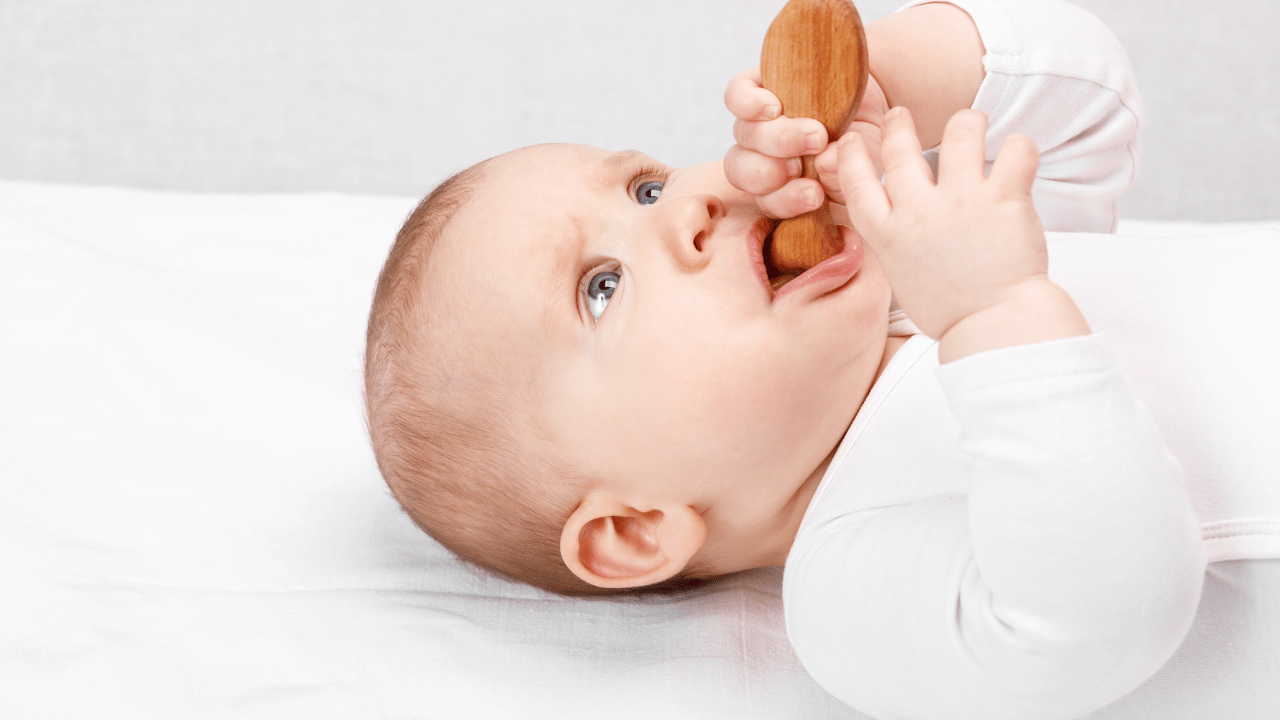
How Pacifiers Affect Baby’s Teeth Development
The bottom line is that pacifiers can have both positive and negative impacts on a baby’s teeth development. While it can provide comfort to fussy babies, extended use could lead to misalignment of teeth, jaw development issues, cavities, or even ear infections in some cases.
To reduce the risk of these potential problems, try limiting your baby’s pacifier use and make sure to keep it clean. However, if you do have any concerns regarding your baby’s teeth development or pacifier use, be sure to speak with your pediatrician as soon as possible.
Now that you know the potential impacts of pacifiers on baby's teeth, you can make an informed decision on when and how to introduce them to your little one.
Dental Care Tips For Babies Who Use Pacifiers
If you do decide to give your baby a pacifier, here are some tips for ensuring their dental health:
Clean the pacifier often. Make sure to wash it thoroughly with hot, soapy water after each use and replace it regularly.Check for signs of wear and tear. Inspect the pacifier periodically to make sure there are no cracks or sharp edges that could potentially cause injury.
Limit pacifier time. Try not to give your baby a pacifier for extended periods of time as this could lead to dental problems in the long run.
Advantages and Disadvantages of Using a Pacifier
Advantages:
• Can provide comfort and help soothe fussy babies
• May reduce the risk of SIDS in some cases
• May help toddlers fall asleep quicker
Disadvantages:
• Could lead to misalignment of teeth
• May affect jaw development and size
• May increase the likelihood of cavities or ear infections when used for extended periods of time
• May affect speech development in some cases
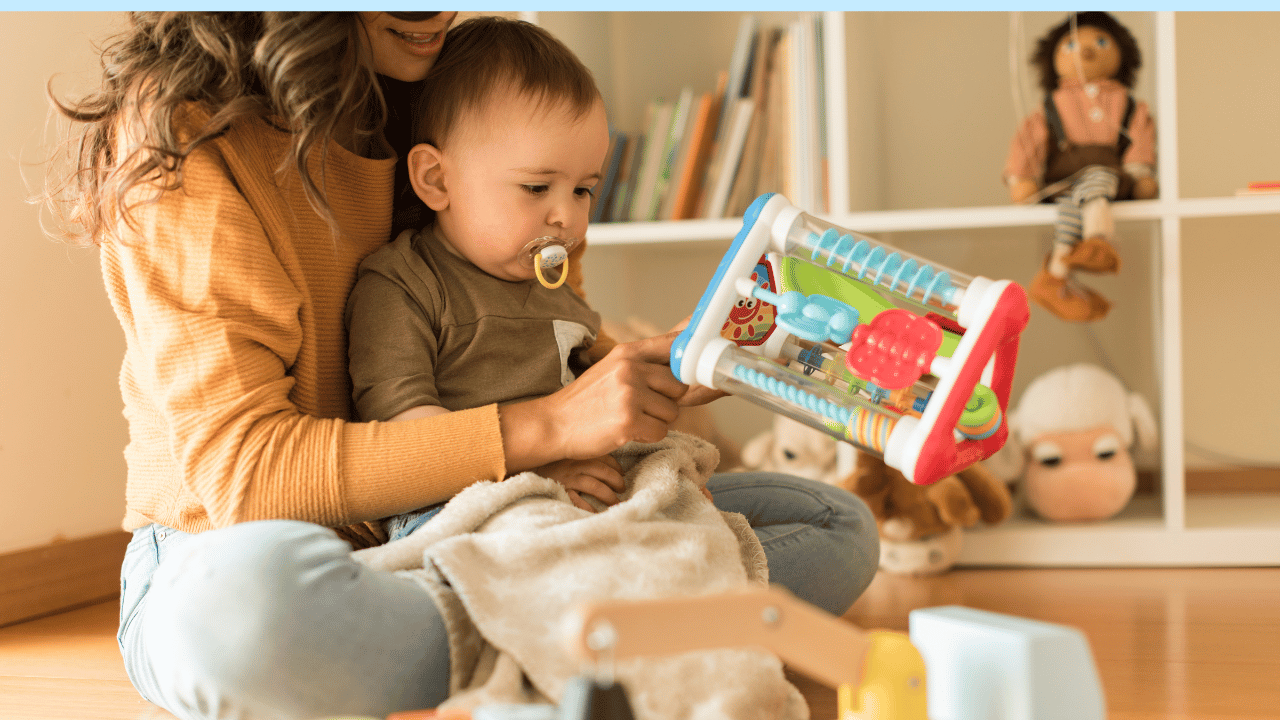
Signs That It's Time to Wean Off the Pacifier
• Your baby is 2 years old or older
• They are having trouble speaking properly
• They are having difficulty falling asleep
• You notice changes in their teeth alignment due to pacifier use
It’s important to remember that while pacifiers can provide comfort for your baby, overuse of a pacifier can lead to long-term dental problems that could affect their teeth development.
Strategies To Help Babies Transition Away from The Pacifier
1. Start slowly. Gradually reduce pacifier time over a period of weeks or months instead of stopping it all at once.
2. Show them alternatives. Introduce your baby to new toys and activities that can help soothe them when they become fussy, such as books, music, or even a beloved stuffed animal.
3. Talk to them. Explain to your baby why it’s important for them to stop using the pacifier and provide reassurance that they will be okay without it.
4. Offer rewards. Create a reward system where your baby can get a small treat or toy after each day they are able to go without the pacifier.
5. Seek professional help. If you are having trouble weaning your baby off the pacifier, don’t hesitate to reach out to a pediatrician or certified sleep consultant for advice.
Do Pacifiers Affect Teeth FAQs
Should I give my baby a pacifier?
It’s ultimately up to you and your family to decide whether or not you want your baby to use a pacifier. Ultimately, the decision should be based on how much comfort it brings for both you and your little one. However, it is recommended that babies only begin using pacifiers once they are 6 weeks old.
What are the long-term impacts of pacifiers on baby’s teeth?
The most common concern related to pacifier use is its potential impact on tooth alignment and jaw growth. Prolonged use of a pacifier can lead to an overbite, misalignment of the upper and lower jaws, and difficulty with speech development. However, these effects can be avoided with proper pacifier use and habits.
Do pacifiers cause cavities?
Yes, they can. Using a pacifier with sugary liquids like juice or milk can lead to tooth decay. It’s important to keep the pacifier clean and limit exposure to sugary liquids. It’s also a good idea to brush your baby’s teeth after using a pacifier to help prevent cavities.
Final Thoughts
In conclusion, understanding the impact of pacifiers on baby's teeth is essential for parents. Pacifiers can be helpful during teething, but it is important to be aware that they can cause significant dental health issues if not used properly.
Therefore, when deciding whether to use a pacifier or not, it is important to fully understand its potential pros and cons. If you do choose to use a pacifier, it is crucial to ensure your child maintains regular oral hygiene practices, just as if they are using any other form of dental care.
Furthermore, we recommend consulting your dentist at least once a year for an oral hygiene assessment so that long-term effects from pacifiers can be monitored and addressed early on. So, the question remains - do pacifiers affect teeth?
The answer may vary depending on how you use them and when you transition away from them, but following these guidelines will help ensure your baby's dental health remains in top condition.



